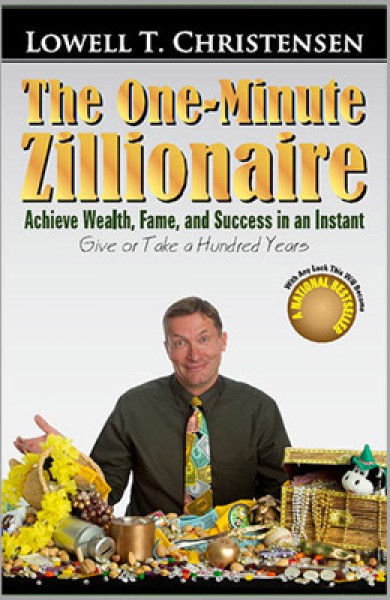The world of poker is the real world. Risk and reward are measured every second of the game. The same is true in business. An MBA is a nice credential, but the first step to business success is knowing how to read others, when to bluff, and when to walk away—no matter how high the stakes. The same is true in poker.
In
The Poker MBA poker professional and MBA Greg Dinkin and bestselling author Jeffrey Gitomer show you how to apply the skills acquired at the poker table to all levels of business. By using the principles outlined in this book, you will achieve an edge over your competition and learn skills that aren’t taught in a traditional business school program. Shrewd poker players and their business counterparts are not born that way—they learned their craft, and you can, too.
There is no better training ground for business than a poker game, where your ability to think strategically and make split-second decisions determines whether you cash out a winner.
A world-champion poker player like Amarillo Slim and a world-class businessman like Bill Gates each possess the same set of skills. Both men are:
* Strategic thinkers
* Shrewd decision makers
* Adept at reading others
* Able to recover from a loss
* Good enough actors to “fake it” and win—they can bluff
Whether you are an intern, a department manager, a salesperson, an entrepreneur, or the CEO of a major company, basic poker skills can be used to add to your business success. By understanding winning poker strategy, you’ll learn how to read people, close deals, negotiate contracts, motivate employees, build a brand, create customer loyalty, and make day-to-day business decisions that will contribute to your bottom line.
The Poker MBA takes you inside the high-stakes world of poker to show that winning at poker and winning at business are one and the same. Through the lens of poker, readers will learn sophisticated concepts such as expected value, regression to the mean, and discounted cash flows—all in a format that is entertaining and easy to understand.
If you see things from the perspective of others, the odds will fall in your favor, and you will be a winner in the long run. This book shows you how to use the traits of a poker professional to become a better risk taker and decision maker in order to profit more in business.
A poker book? Sure.
A business book? Absolutely.
But more important,
The Poker MBA is a money book. Read it and you will improve your ability to think and execute so that the odds stay in your favor and you leave the game a winner.





























